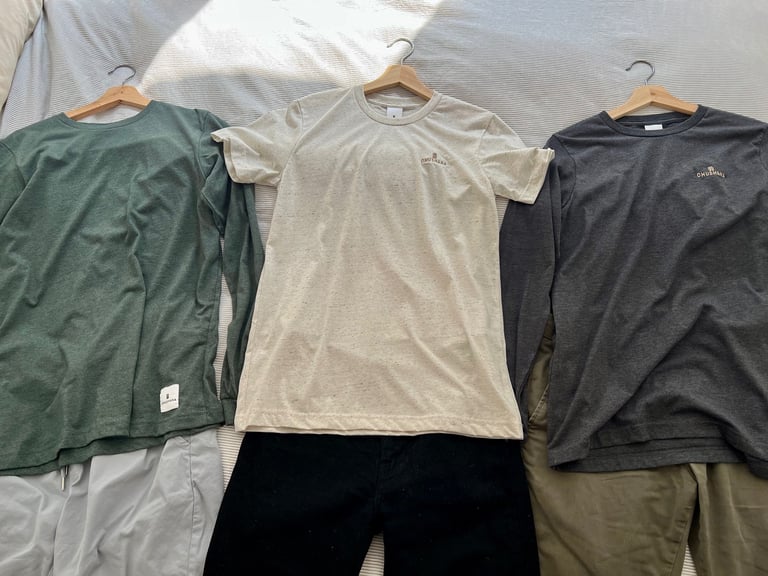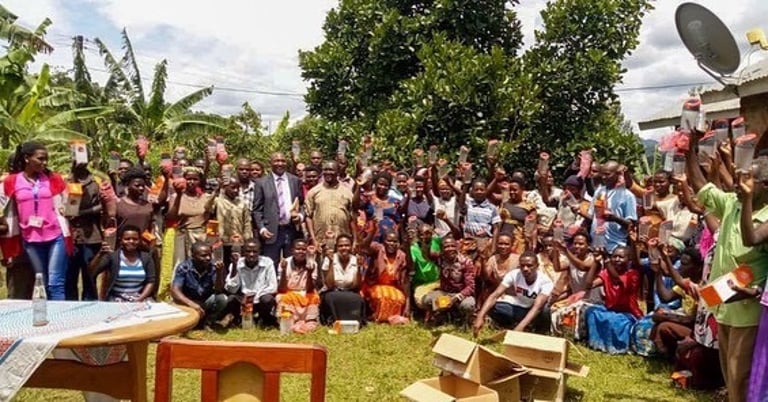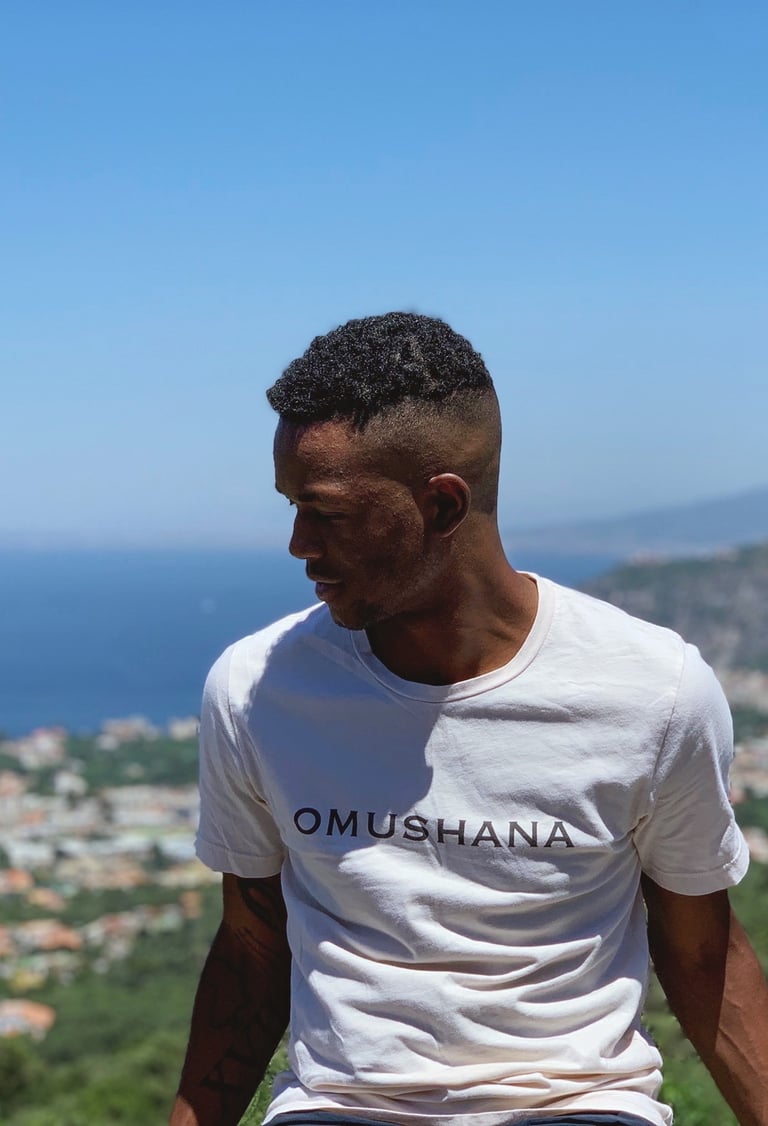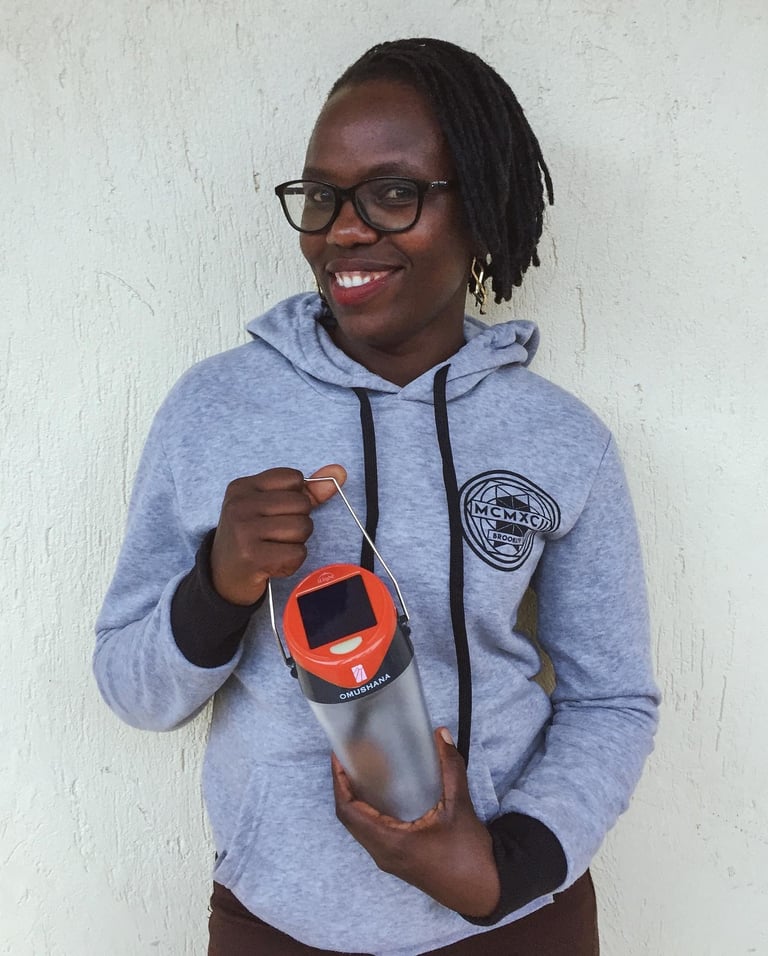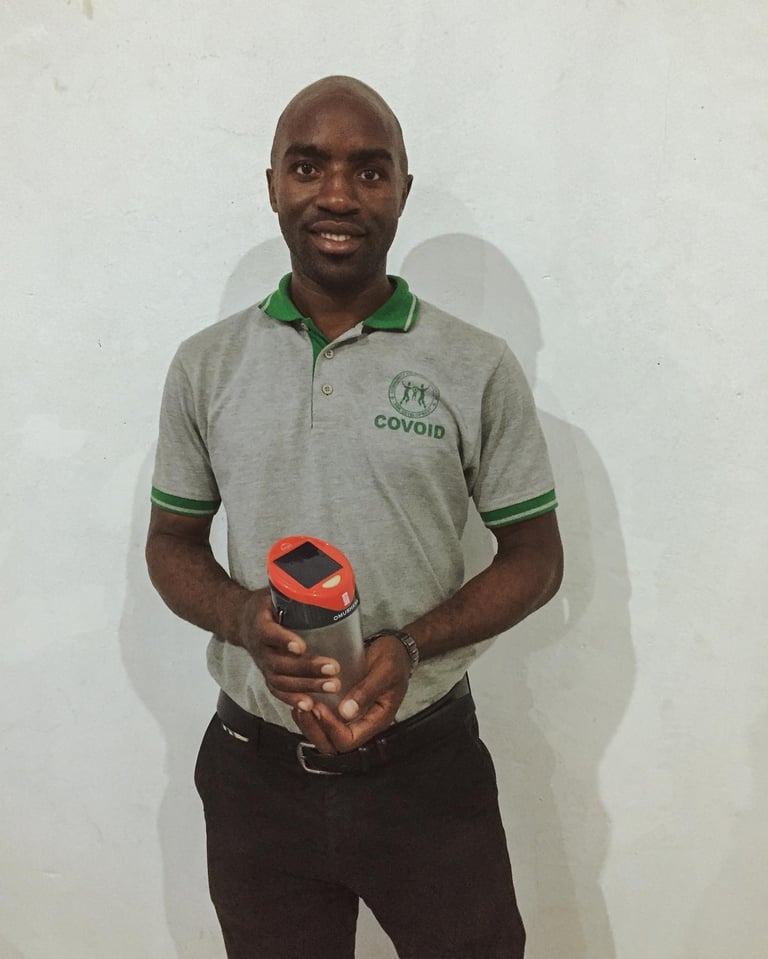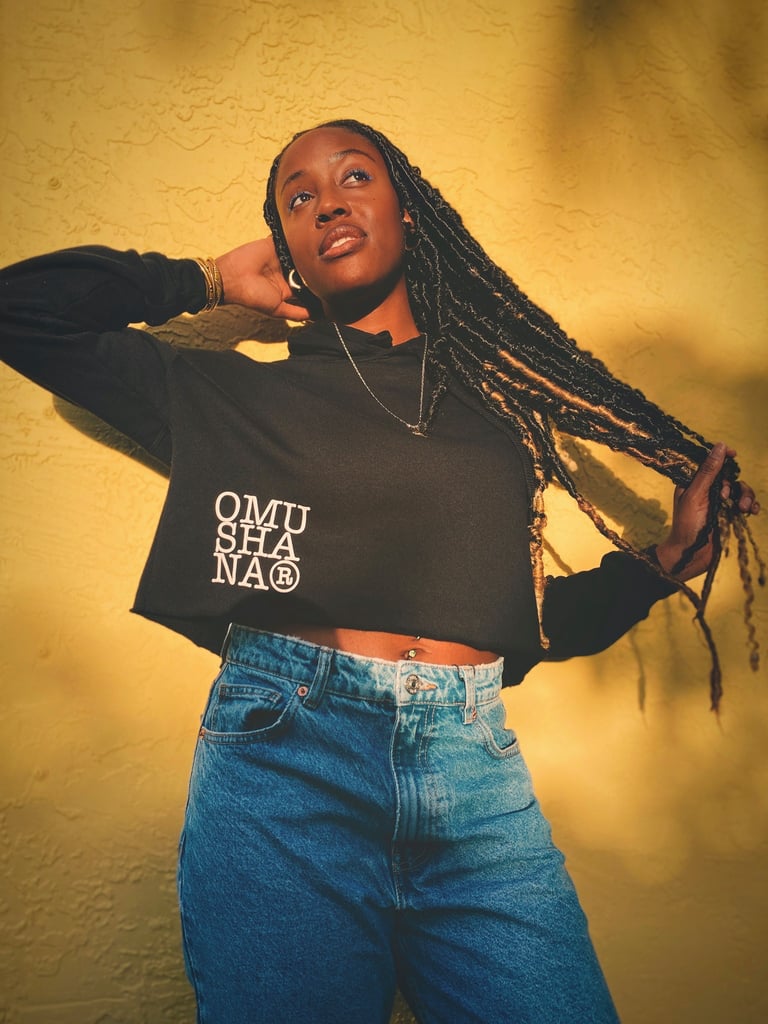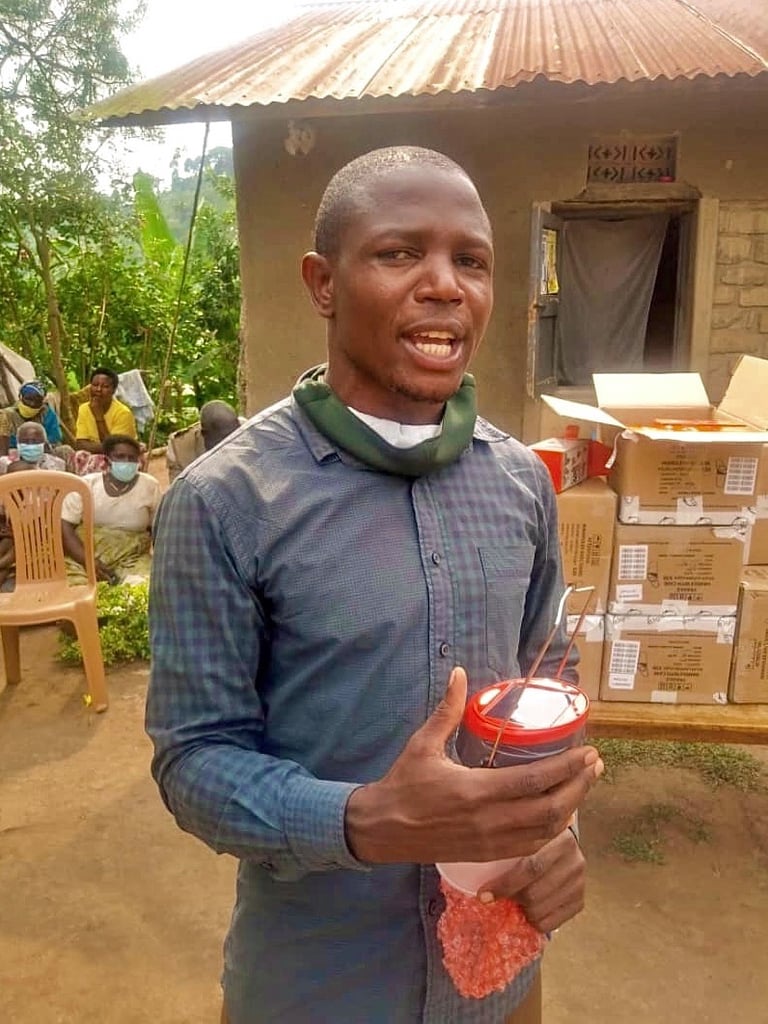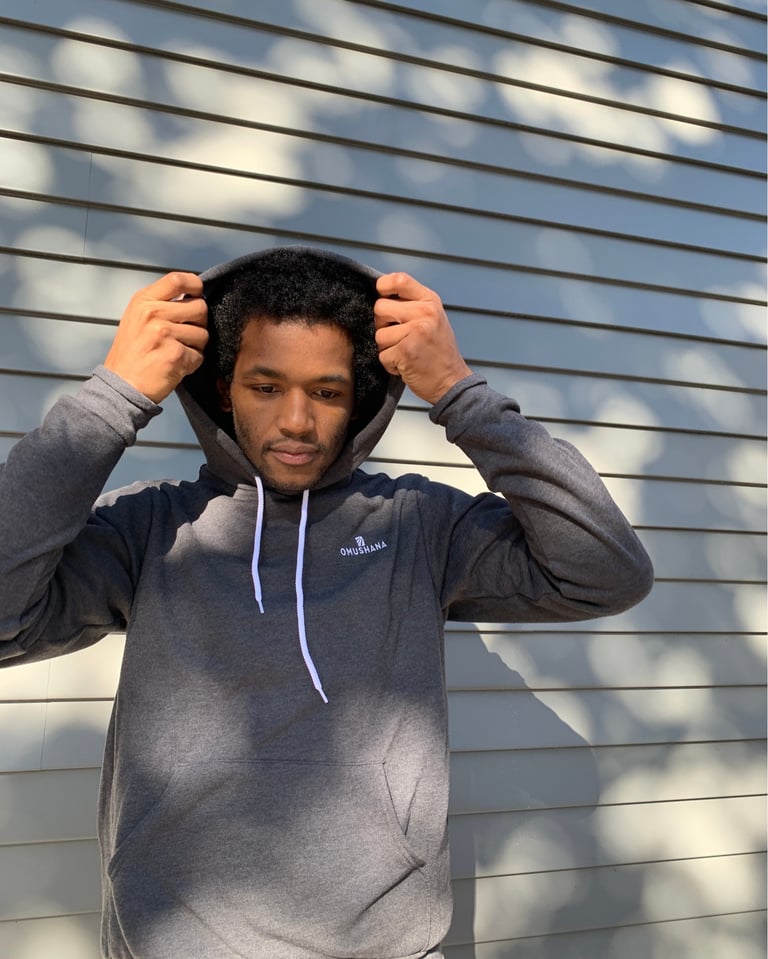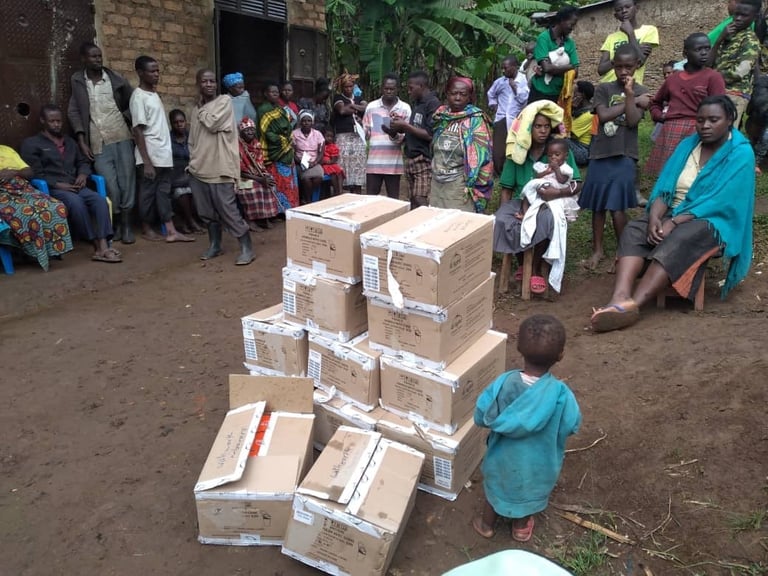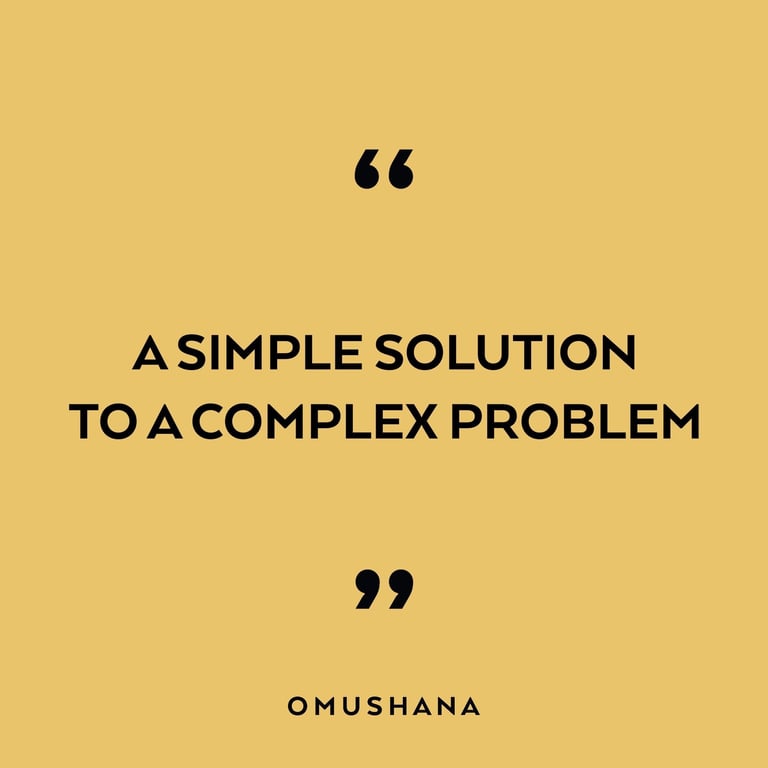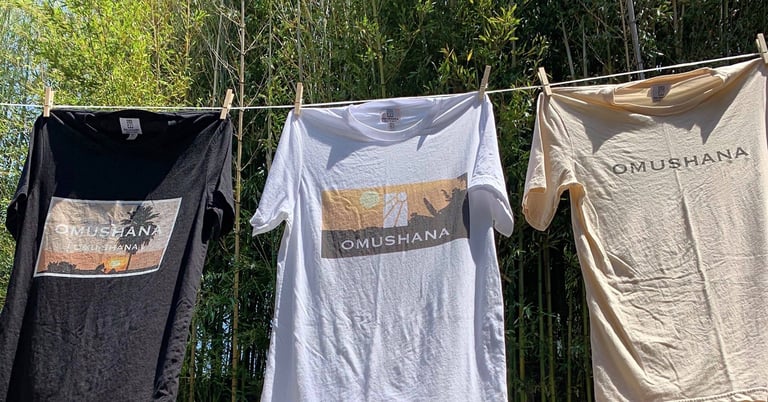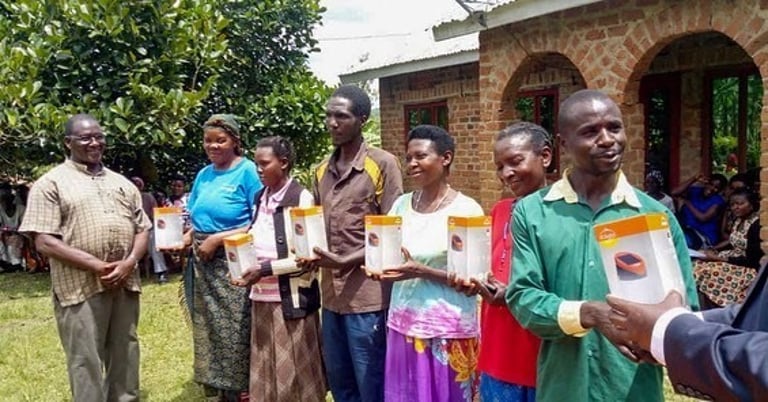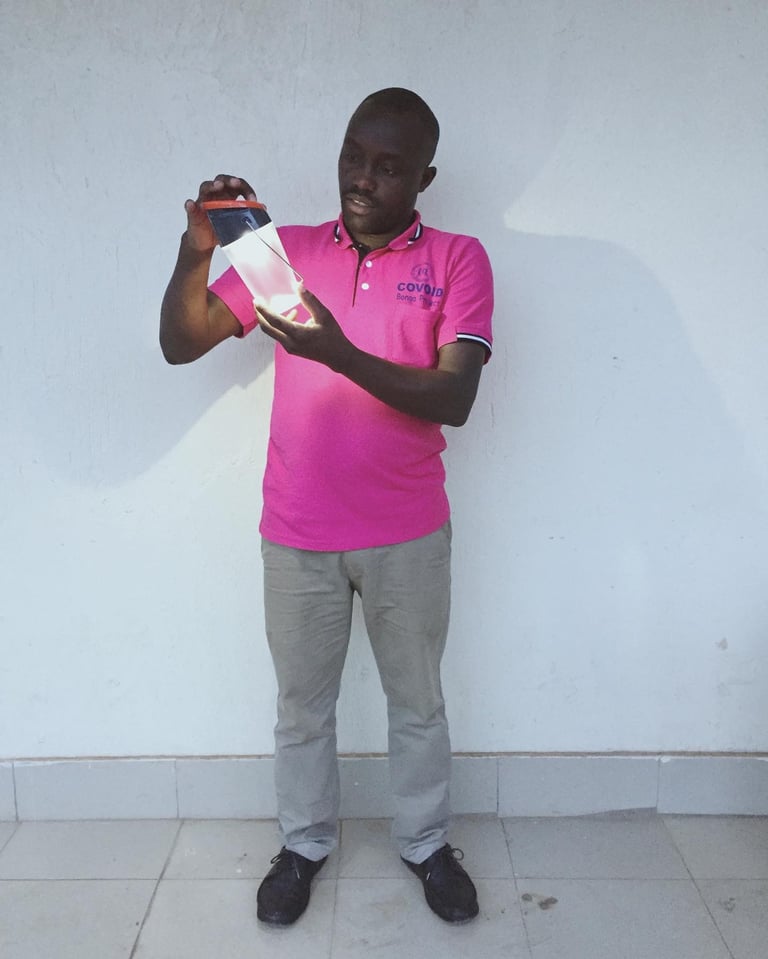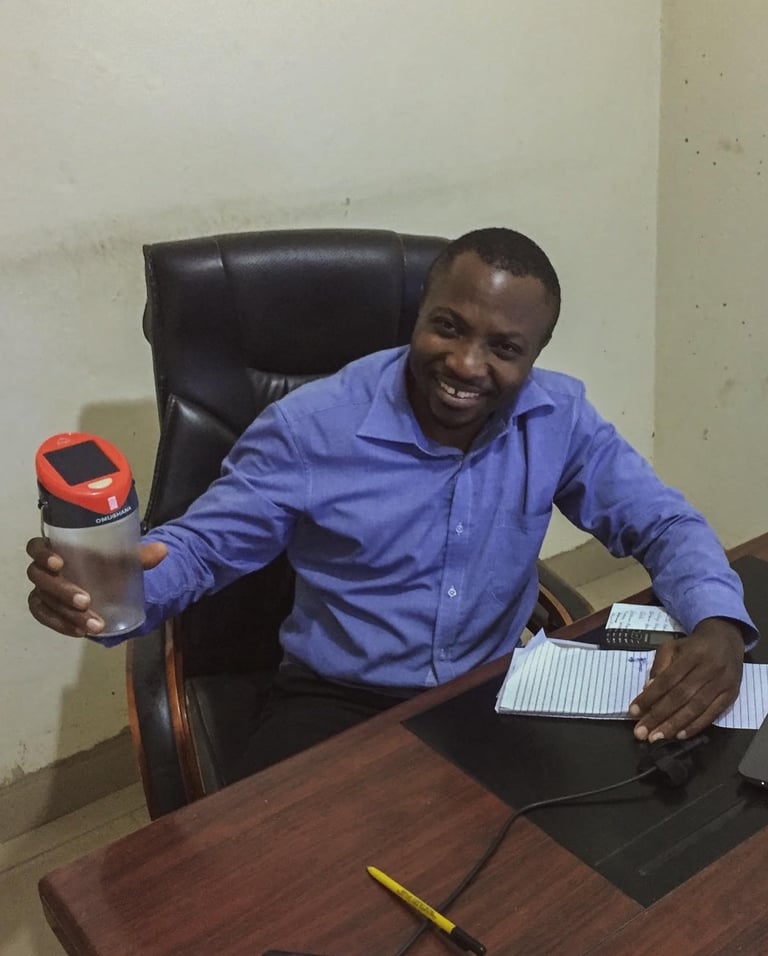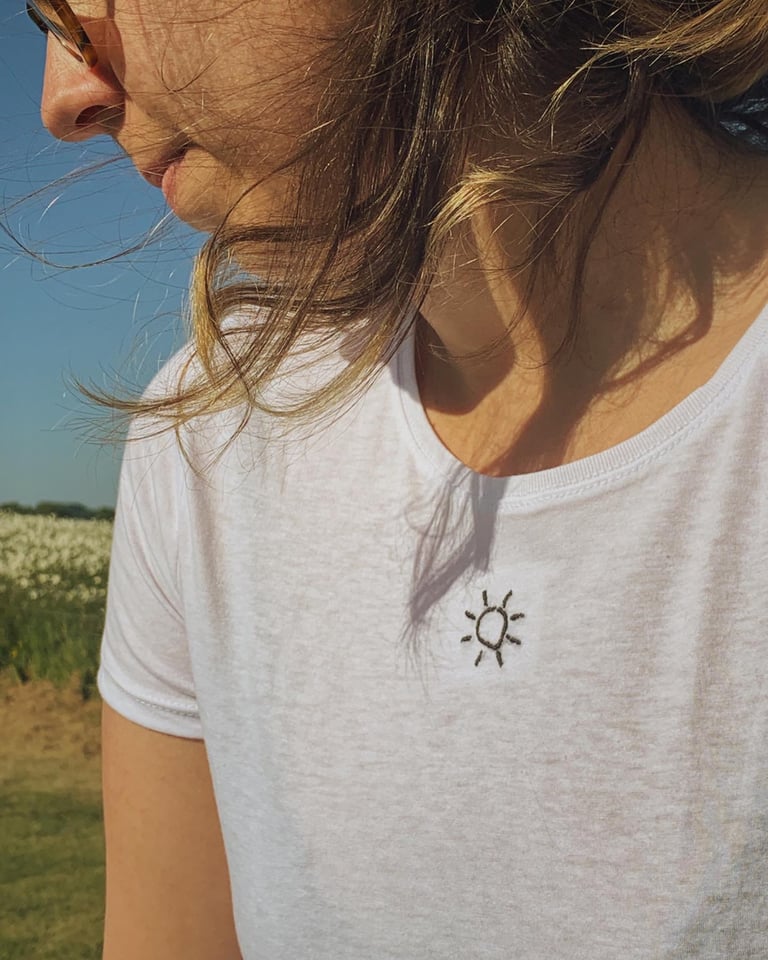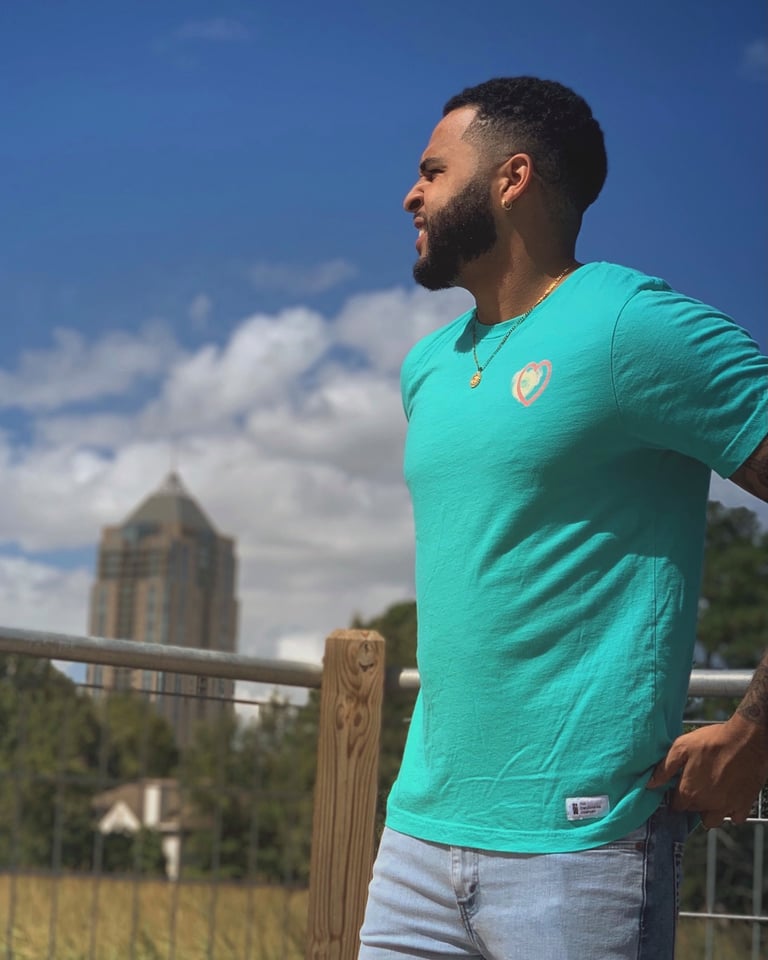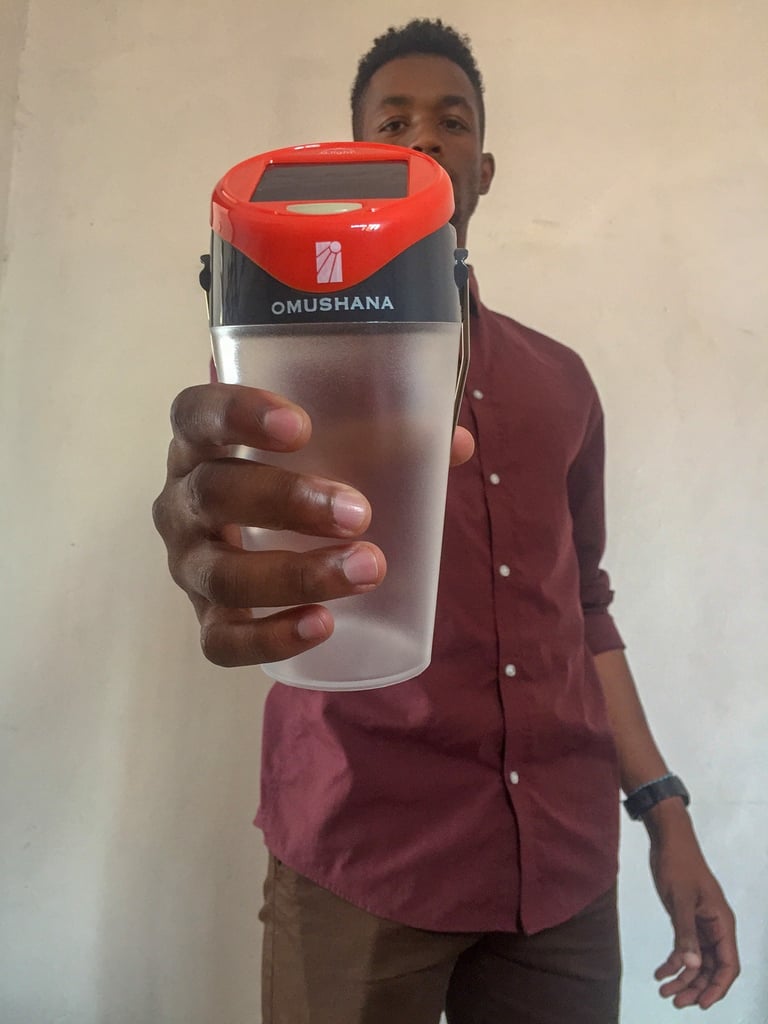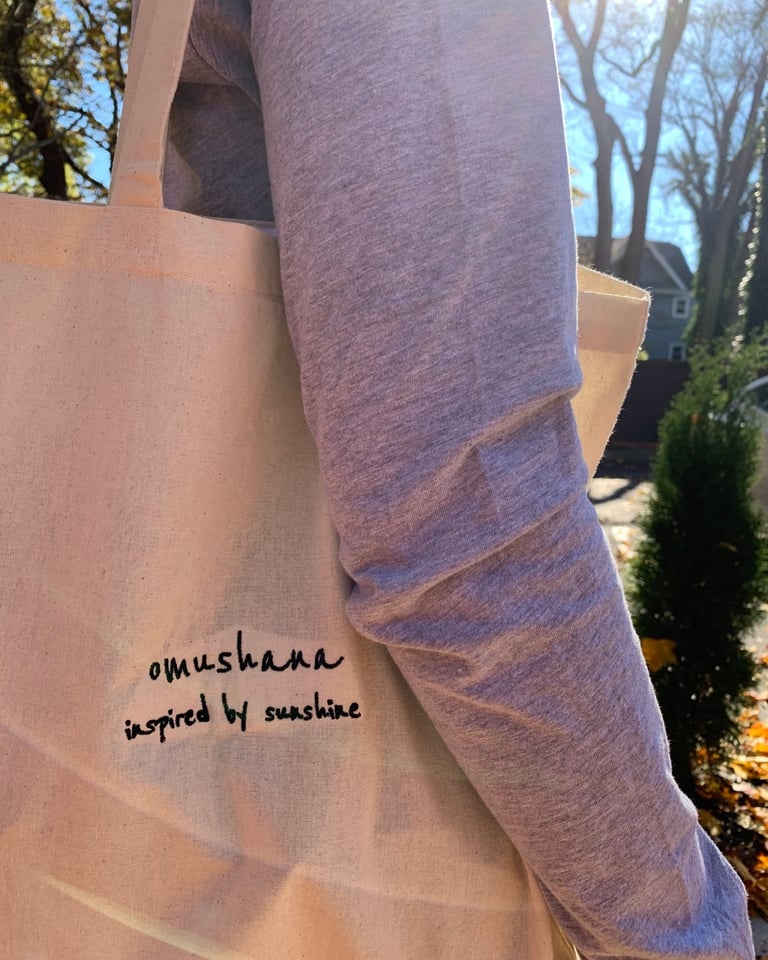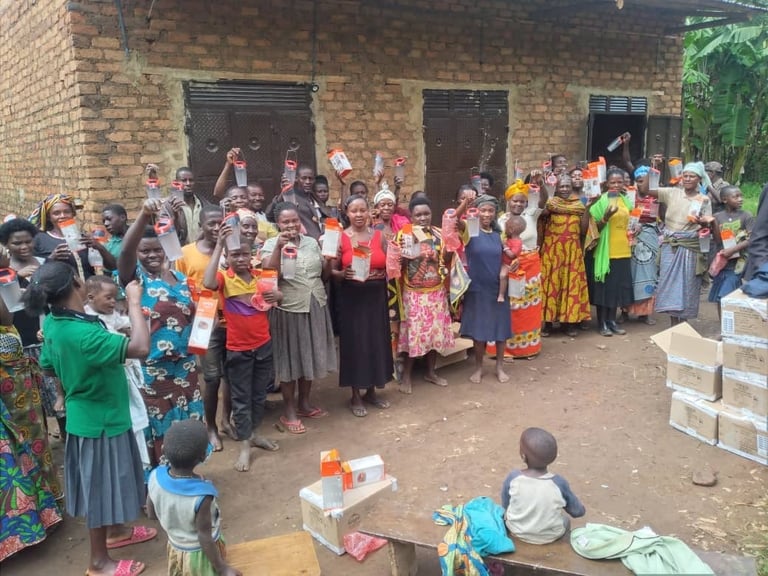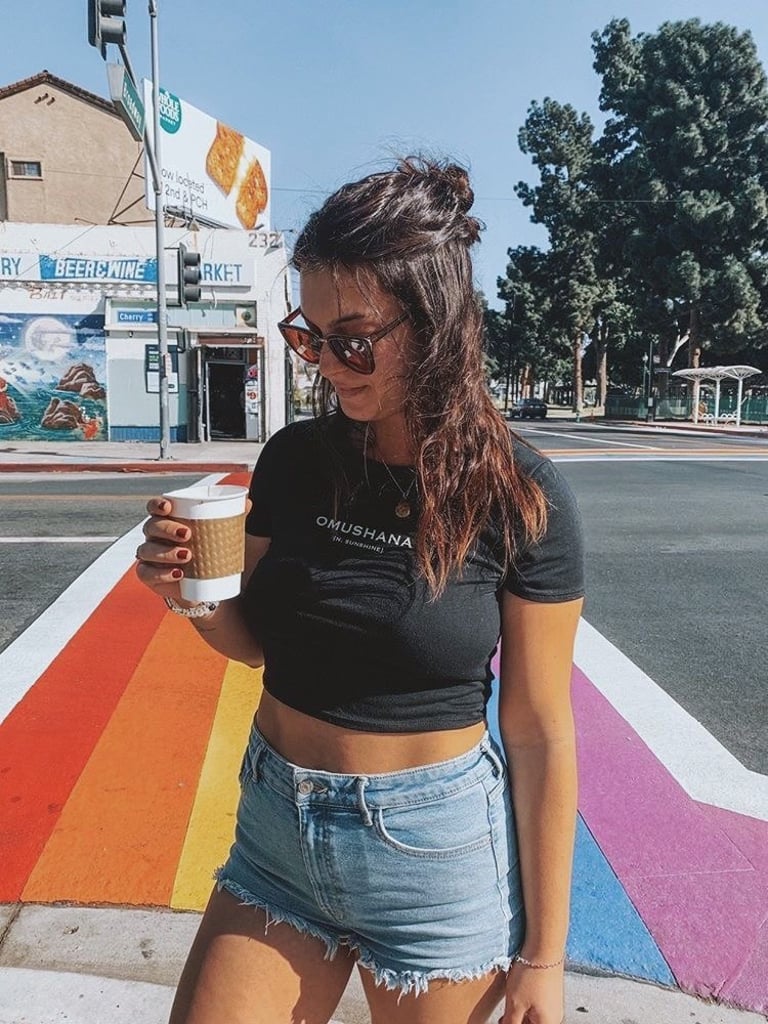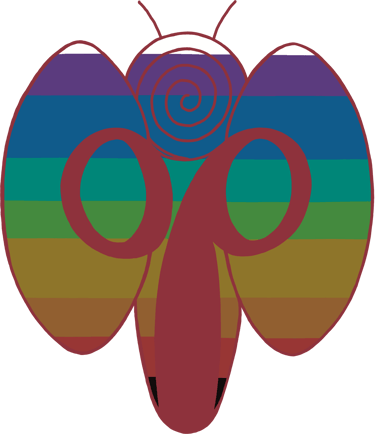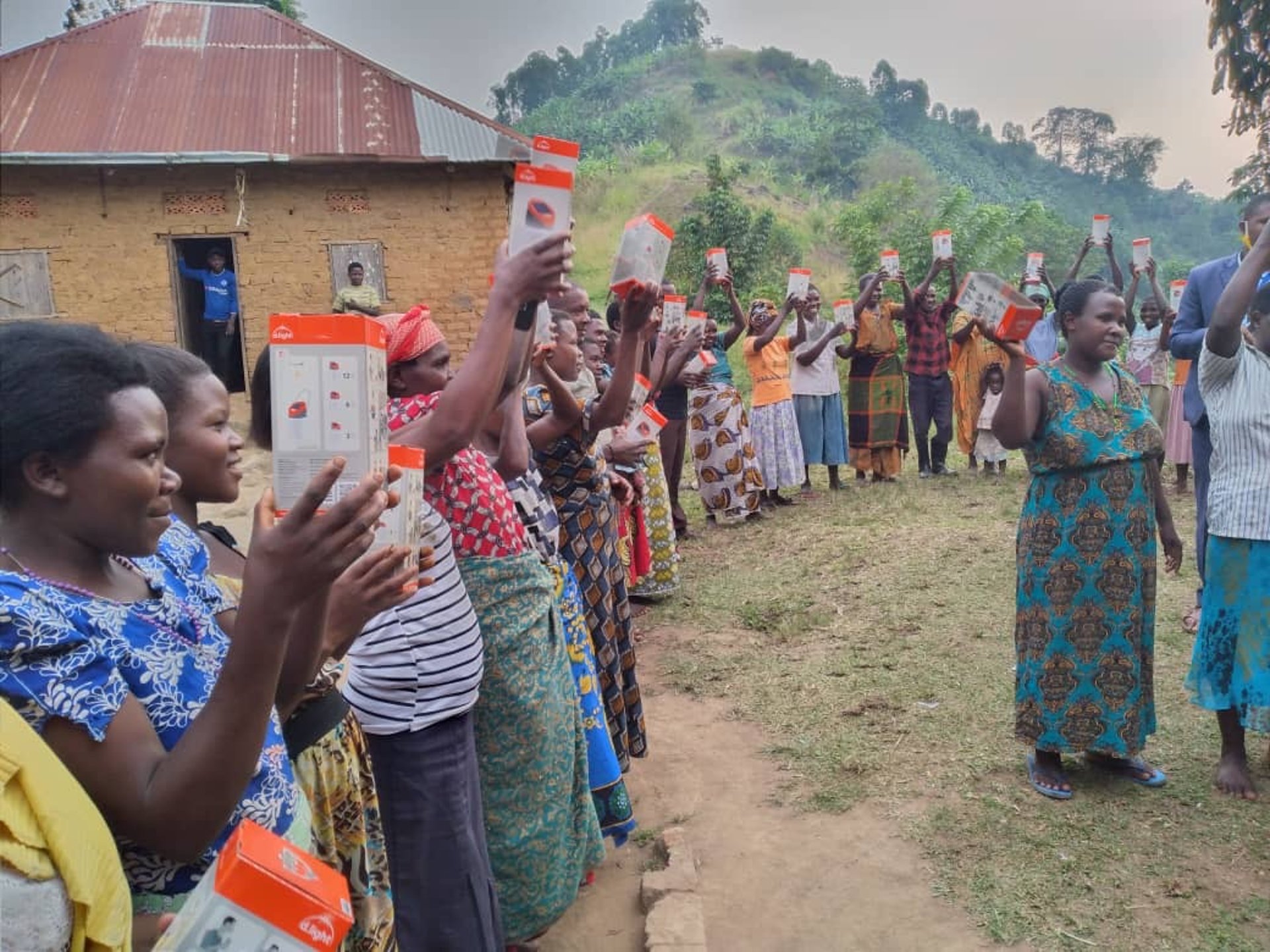
“One Garment for One Lantern”
This project was completed with the participation and partnership of Community Volunteer Initiative for Development (COVOID) who works in six regions in southwestern Uganda.
Introduction / Background:
Omushana means ‘sunshine’ in the southwestern Ugandan language of Runyankore.
“My lived experience in Uganda with the Peace Corps for two years showed me that a lot of people did not have access to electricity and would either deal with not having electricity for work or would use paraffin candles, kerosene lanterns, or petroleum/diesel generators to create lighting or to work with electricity.” -Garland, Founder
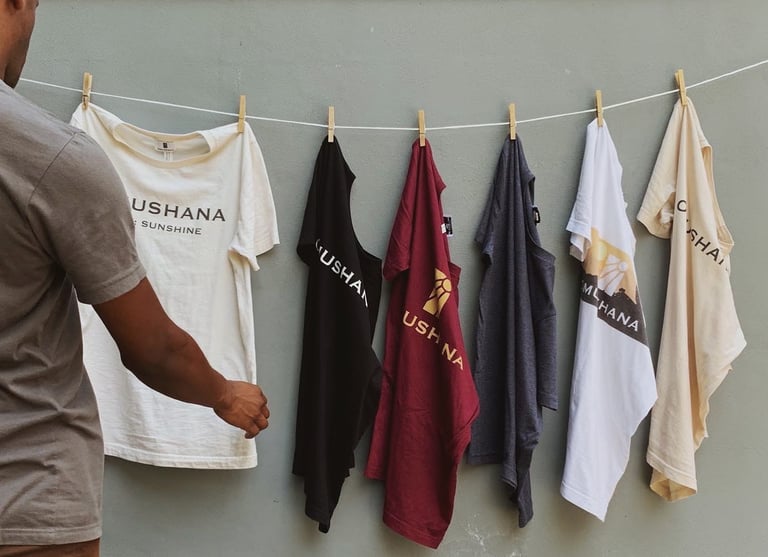

One Garment for One Lantern,
each garment purchased from Omushana would provide a solar lantern for a most marginalized and vulnerable home in rural southwestern Uganda.
This solar lantern was a resource to empower the community;
This solar lantern was a resource to educate on environmental sustainability;
This solar lantern was a resource to illuminate non-partisan, political issues to the global forefront.
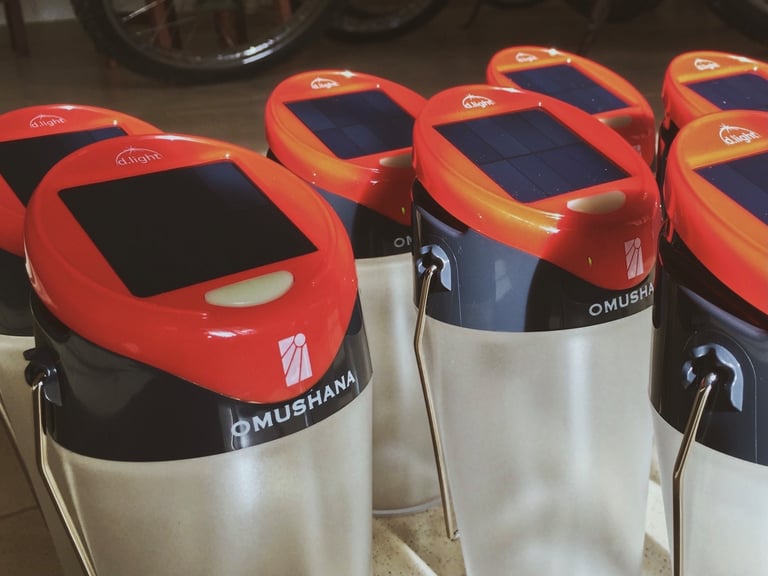

Community Empowerment
“This solar lantern was a resource to empower the community”
Alleviated extreme poverty: aid to cook better at night, read better at night, youth completing homework, pit latrine use at night, evening entrepreneurship, evening business, better breathing/lung health, save household expenditures/investment. Local businesses and businesspeople supported with income and knowledge.
Environmental Sustainability
“This solar lantern was a resource to educate on environmental sustainability”
Clean and affordable energy: creating solar lighting accessibility for marginalized and underserved people particularly with extremely low-income. Eliminating fossil fuels particularly kerosene/paraffin lanterns and candles.
Eco-conscious empowerment: Sales and promotion of eco-friendly goods and their benefits to society through fashion.
Human Rights Advocacy for the Globe
“This solar lantern was a resource to illuminate apolitical issues to the global forefront”
Health of people: reducing the prevalence of smoke-induced breathing issues. Educating and empowering people around the globe on these common issues shared by the harmful effects of less sustainable fashion and fossil fuels. Collaboration to achieve shared goals.
Business: The business received from approximately USD $9,000 yearly by over 500 eco-friendly clothing sales or donations.
Education: Not only were supporters of One Garment One Lantern initiative educated about the stresses of rural Uganda which is indicative of much of Africa and low-income communities globally, but supporters learned about social enterprising and the ability to apply economics for broadening a culture of care.
Environment: 300.3 tonnes (300,300 kg) of carbon dioxide emissions were reduced and more than 500 purchases of eco-friendly clothing were made to succeed in this environmental sustainability to create and act by less environmental harm nonetheless reduce global warming. *each kerosene lantern replaced by solar reduces 150-900 kg of CO2 per year.
Human rights advocacy: One Garment One Lantern illuminated 572 homes in rural Uganda to serve 2,860 marginalized and vulnerable Ugandans with solar lighting. One Garment One Lantern marketing advocated for the people served and the world as well in steering the planet towards environmental sustainability by the individual through conscious consumerism and by non-individual entity with corporate social and environmental responsibility (CSR), mainly by work to reverse climate change but also reducing global economic inequalities and alleviating extreme poverty.
